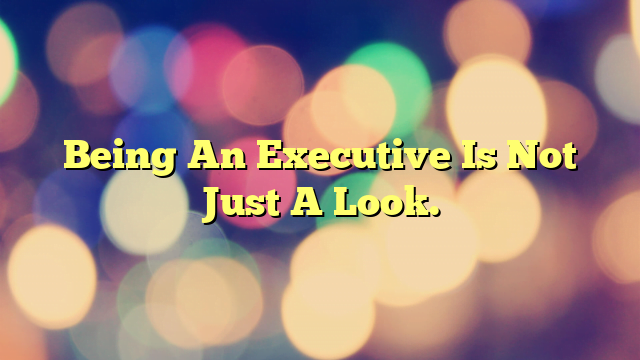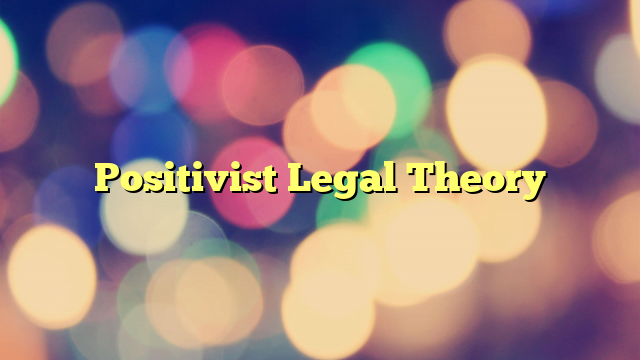What Does Stories Like Conduct In Question Have To Do With Joseph Campbell And The Hero With A Thousand Faces?
What Does Stories Like Conduct In Question Have To Do With Joseph Campbell And The Hero With A Thousand Faces?
WHY WE LOVE STORIES
Tell me a story! Just one more story!
Okay, here’s one for you about a forty-six year old lawyer.
Harry’s stuck in the backroom of a creaky, old law firm and under his senior partner’s thumb. Life is going nowhere and his chances of making real money are fading fast. His wife plans to leave him because, she claims, they are ‘in different worlds.’ Wishing his life were different, he has no idea how to change it.
Next day his senior partner comes into to his office and drops dead. Soon a brand new client arrives to sucker him into a money-laundering scheme. Although highly principled, he has new money troubles and consequently turns a blind eye to the scam. [Be careful what you wish for.]
When he finds his elderly client dead, just after she has asked to change her will, [suspicious circumstances for sure!] he is forced to hunt down a serial killer, dubbed the Florist. To do so, he must go down into the psyche of this serial killer [and, more importantly, into his own] to understand this psychotic killer with an artistic flair. And he must stop him. Just as his wife is about to pack her bag, a beautiful woman, Natasha, comes to Harry’s aid.
At the end, Harry has discovered undreamed of powers within himself and this new woman, who actually loves him. And if that’s not enough, he’s laid waste to the Florist plus a corrupt firm of lawyers at the heart of the money-laundering scam.
What story is this?
It’s the story of Harry Jenkins in Conduct in Question, the first in the Osgoode Trilogy, which I wrote.
The hero, Harry Jenkins, also appears in Final Paradox and a Trial of One, the second and third novels in the trilogy.
Just click www.maryemartin.com to learn more about Harry and see a slide show of settings in Conduct in Question.
After almost thirty years of law practice, why didn’t I write essays, setting out the machinations of money-launderers, replete with diagrams, statistics and charts? [Strange as it may sound, lawyers here can even take courses on money laundering.] I could have written about estate law and quoted sections of the Wills and Estates Act. But I bet you’d never read it.
Why not? Because you’d much rather hear a story, which brings all these problems to life, with exciting conflicts between good and evil and all the ‘in between’ shades of gray. Only with real characters acting upon one another do these problems jump off the page and get interesting. That’s why we tell stories.
In high school, many of us studied Greek Mythology -those fabulous stories about gods, goddesses and heroes. Tales of high adventure! But no one ever explained who made these stories and why. Where did they come from?
The great mythologist Joseph Campbell wrote in The Hero with a Thousand Faces that,
Myth is the secret opening through which the inexhaustible energies of the cosmos pour into human cultural manifestations…The symbols of mythology are not manufactured: they cannot be ordered, invented or permanently suppressed. They are spontaneous productions of the psyche and each bears within it, undamaged, the germ power of its source. [Pg 3&4]
Are myths, dreams and stories living ‘things’ springing up from within? So it seems, according to Campbell. For me, stories are the outpourings of our psyches from mysterious sources. Like dreams and myths, they are individually and collectively an expression of our deepest sense of what it means to be human.
But isn’t it interesting! Reading Joseph Campbell’s book, The Hero with a Thousand Faces, we learn that story formats and plot lines are also embedded in us. In so many myths, the hero is lifted out of his everyday life and called or forced to do something dangerous. Confronting tremendous obstacles [of a huge variety limited only by our imaginations], he must find help along the way and call upon powers within himself to reach his goal. Once he has reached it, he must return to his world with his prize. Isn’t that the basic plot of innumerable Hollywood action flicks?
Back to our lawyer. A lawyer as a hero? [I’m not joking!]
Events drive Harry from the dull safety of his usual life. Next, he is battling strange forces never confronted before. He discovers within previously unknown powers and abilities. Then he must return to his ‘normal’ life with the prize, a good woman and a new understanding of himself. And all the bad guys are gone! Sounds like a hero’s journey to me.
Did I purposely set out to write a hero’s journey? Hardly! Only after literally innumerable rewrites, did I begin to recognize that indeed, this was a tale of the hero’s journey. My point is that the hero’s journey and other variations are our innate grammar, language and structure for myths, dreams and stories. It is through them that we express our human ways of being.
All the big questions, which are fundamentally meaningful to us, are asked in stories. In a way, each story is about birth, growth, death and redemption. And so, it is through story telling that we satisfy our very human need to understand one another, our world and ourselves. At least that’s the way I see it. How about you?


